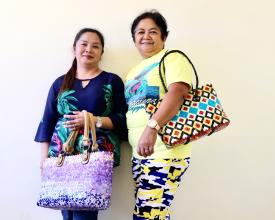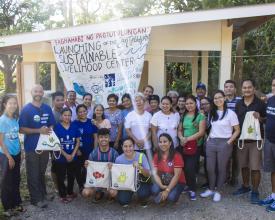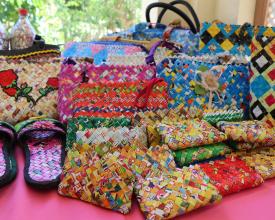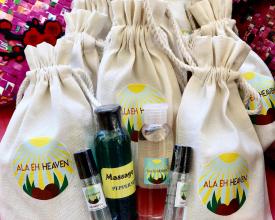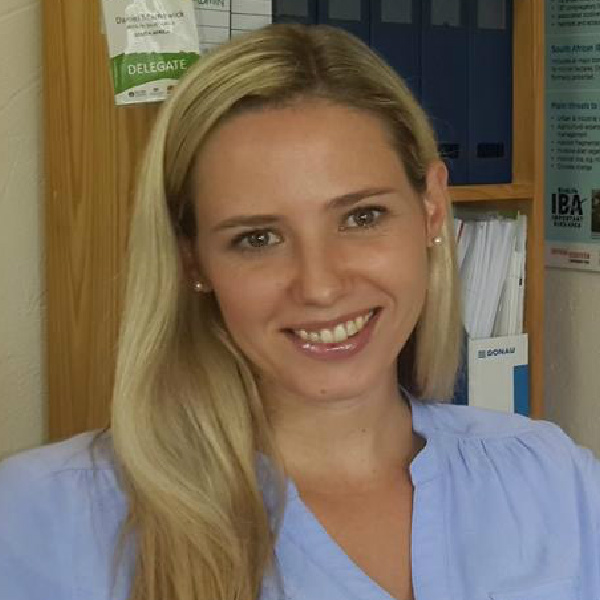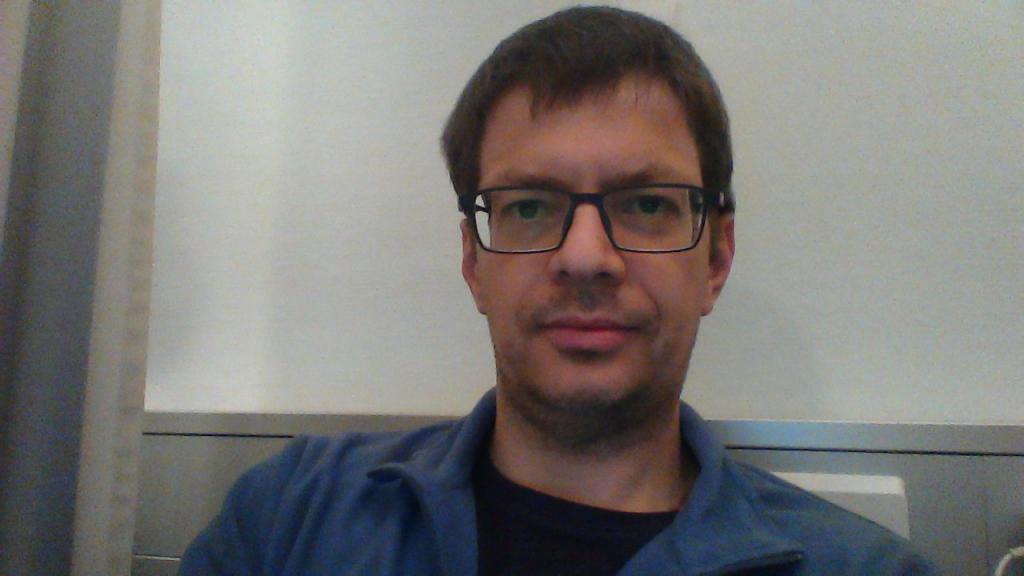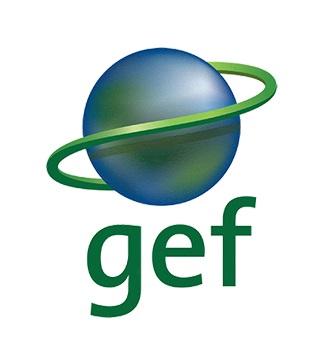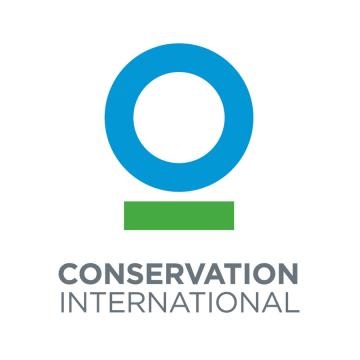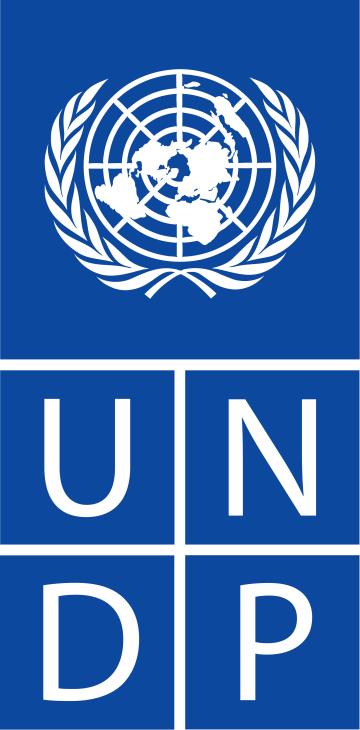
Pescadores y mujeres de Batangas mantienen el plástico fuera del océano gracias a una iniciativa empresarial sostenible
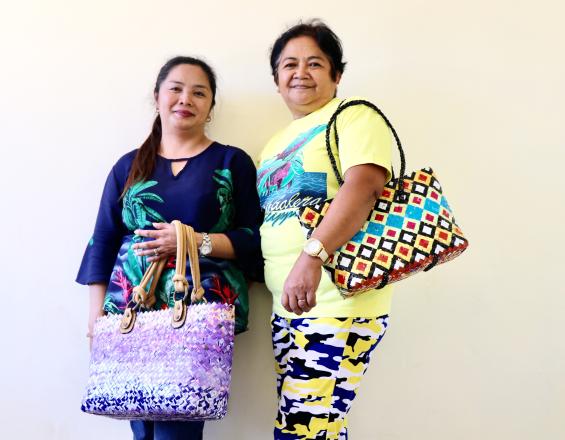
El Departamento de Medio Ambiente y Recursos Naturales (DENR), con el apoyo del Fondo para el Medio Ambiente Mundial y el Programa de las Naciones Unidas para el Desarrollo (PNUD), y en colaboración con Conservation International, inició en 2016 el proyecto SMARTSeas PH en el Pasaje de la Isla Verde (VIP), uno de los cinco lugares del proyecto establecidos para reforzar la protección, conservación y gestión de la biodiversidad marina de la zona. SMARTSeas colabora con las organizaciones populares de Batangas para formar a los ciudadanos de VIP sobre cómo reciclar los plásticos y otros recursos de la zona.
Contexto
Défis à relever
Los ciudadanos de VIP dependen en gran medida de los recursos del pasaje para su sustento y fuente de comida. De las cinco provincias, Batangas es la que más aporta de las 40-47 mil toneladas métricas anuales de producción de pescado marino en VIP. Sin embargo, siguen surgiendo amenazas en el paso a medida que aumenta el número de pescadores en la zona. El resultado es la sobrepesca, ya que las aguas municipales son incapaces de mantener a más del 50% de los pescadores. De ahí que los pescadores y sus familias necesiten disponer de medios alternativos de ingresos y recursos.
Desafío medioambiental: Explotación insostenible, incluida la sobrepesca
Reto social: Falta de concienciación pública y de los responsables de la toma de decisiones.
Reto económico: Falta de oportunidades de ingresos alternativos
Ubicación
Procesar
Resumen del proceso
En las primeras fases del proyecto, es fundamental que las partes interesadas establezcan asociaciones y colaboren con las administraciones locales. Éstas deben participar en el proceso de planificación, pues serán las beneficiarias directas del proyecto gracias a los medios de vida sostenibles que se les proporcionarán.
Bloques de construcción
Establecer asociaciones con las administraciones locales
En Filipinas, cada ciudad y municipio se compone de varios barangays, que es la unidad de gobierno local (LGU) más pequeña. SMARTSeas entabló relaciones con las UGL del Paso de la Isla Verde para garantizar el cumplimiento de las ordenanzas pesqueras entre las comunidades y poder administrar directamente las iniciativas de subsistencia. Entre las LGU están Samahan ng mga Mangingisda ng San Teodoro (SMST; Organización de Pescadores de San Teodoro) y Samahan ng mga Mangingisda ng Barangay Bagalangit (SMBB; Organización de Pescadores de Barangay Bagalangit).
Factores facilitadores
Este elemento requiere una estrecha comunicación entre los organismos de ejecución y las organizaciones de pescadores. Los miembros de estas organizaciones participan en reuniones de concienciación para educarles sobre las amenazas que el plástico impone al océano. También se imparte a los miembros formación sobre el desarrollo de productos básicos para que puedan crear y diseñar con éxito productos que puedan venderse.
Lección aprendida
Principalmente, la mayoría de los ciudadanos que dependen de la pesca como medio de vida aún no son conscientes de los peligros que el plástico puede suponer para la fauna y el ecosistema marinos. Estas personas están dispuestas a aprender y avanzar hacia una actividad pesquera sostenible, pero necesitan la orientación de autoridades superiores expertas en la materia para poner en marcha las estrategias necesarias.
Formar medios de vida alternativos a partir de recursos baratos
Hay 26.426 pescadores municipales que residen en el Paso de la Isla Verde. Por ello, las organizaciones de pescadores tienen que ayudarles a encontrar medios de ingresos alternativos.
SMARTSeas, junto con otras organizaciones financiadoras, pudo ofrecer un medio de vida alternativo que puede mantener a la comunidad al tiempo que practica la sostenibilidad. Se ofrecieron actividades de formación, como clases de tejido y fabricación de jabón, a los miembros de SMST y SMBB. El objetivo de este proyecto es empoderar a los ciudadanos y reducir la pesca ilegal, estableciendo otras fuentes de ingresos para el sustento familiar.
Factores facilitadores
Una relación sólida entre las organizaciones de pescadores y los organismos de ejecución es fundamental para el éxito de este componente básico. Aparte de la comunicación, es preciso desarrollar la confianza entre los miembros y las partes interesadas, ya que trabajarán en estrecha colaboración para lograr un medio de vida sostenible y un ecosistema marino sano. Además, es esencial que se reconozcan las amenazas (por ejemplo, los plásticos y la sobrepesca) y las oportunidades (por ejemplo, los ricos recursos en cocos) del paso para formular un plan estratégico que se ajuste a las circunstancias de VIP.
Lección aprendida
La introducción de medios de vida alternativos en las comunidades locales es mejor acogida si la inversión resulta económica para la comunidad destinataria. Los plásticos de un solo uso están muy extendidos en San Teodoro, por lo que la SMST pudo aclimatarse al reciclado de plásticos en bolsas para ganarse la vida. Por otra parte, los cocos también están muy extendidos en Barangay Bagalangit y en todo VIP; de ahí que SMBB pudiera fabricar productos de higiene y estética a base de coco.
Por último, es primordial que las organizaciones de pescadores u otros pequeños grupos locales participen en todo el proceso y puedan contribuir a la planificación. De este modo, podrán iniciar por sí mismos proyectos sostenibles en el futuro.
Impactos
Impacto medioambiental:
- Reducción de la posibilidad de que se arrojen al océano más de mil bolsitas de plástico .
- La sobrepesca causada por la pesca ilegal disminuye porque los pescadores pudieron encontrar medios de vida alternativos a la pesca.
-
No hay disminución neta en el avistamiento de grandes vertebrados marinos.
Impactos sociales y económicos:
- Más del 50% de los pescadores de VIP pudieron encontrar una fuente alternativa de ingresos.
- Se construyó un centro de medios de vida sostenibles como espacio para que los ciudadanos realicen actividades de formación y operaciones comerciales. El centro también está hecho de ladrillos ecológicos.
- En el cuarto año del proyecto desde su puesta en marcha, la eficacia de la gestión y la sostenibilidad financiera del área marina protegida (AMP) y de las redes de AMP han mejorado en más de un 10% con el establecimiento del plan marco de la red de áreas marinas protegidas de VIP.
Beneficiarios
- Pescadores VIP, mujeres y familias
- Samahan ng mga Mangingisda ng San Teodoro (SMST; Organización de Pescadores de San Teodoro)
- Samahan ng mga Mangingisda ng Barangay Bagalangit (SMBB; Organización de Pescadores de Barangay Bagalangit)
- Fauna y ecosistema marinos
